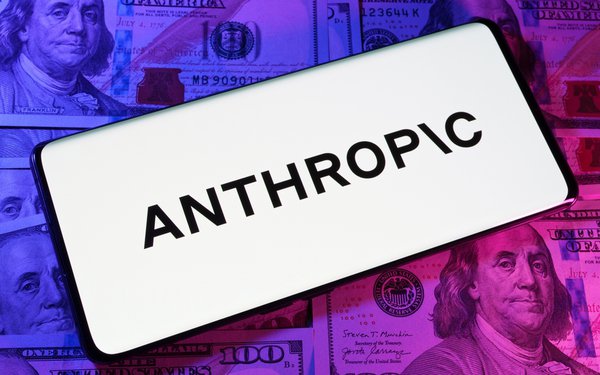
A federal judge has rejected music publishers' request to
prohibit artificial intelligence company Anthropic from using copyrighted lyrics to train its large language models.
In a ruling issued Tuesday, U.S. District Court Judge Eumi Lee in the
Northern District of California said the legal questions surrounding artificial intelligence companies' use of copyrighted content were too uncertain to warrant an injunction.
“It is an
open question whether training generative AI models with copyrighted material is infringement or fair use,” U.S. District Court Judge Eumi Lee in the Northern District of California wrote.
She added that the music companies were “essentially asking the court to define the contours of a licensing market for AI training where the threshold question of fair use remains
unsettled.”
advertisement
advertisement
The judge also said in her 13-page ruling that the publishers hadn't shown they would face “irreparable harm” -- meaning the type of injury that couldn't be
remedied with monetary damages -- without an injunction.
The ruling came in a lawsuit brought in October 2023 by Universal Music Group, Concord Music Group and ABKCO. They alleged that
Anthropic's “mass copying and ingestion” of song lyrics infringed copyright.
“Anthropic has built its business by unlawfully taking and using massive amounts of copyrighted
content without permission or credit -- including publishers’ lyrics,” they alleged in a complaint initially brought in Nashville and later transferred to the Northern District of
California.
The publishers added that the Anthropic's Claude chatbot generated “identical or nearly identical” copies of lyrics of songs including “What a Wonderful
World,” “Gimme Shelter,” and “American Pie,” in response to prompts by users.
“By copying and exploiting publishers’ lyrics in this manner -- both as
the input it uses to train its AI models and as the output those AI models generate -- Anthropic directly infringes publishers’ exclusive rights as copyright holders,” the publishers
alleged.
Last August, the publishers sought an injunction prohibiting Anthropic from using their lyrics to train artificial intelligence models, and requiring the company to maintain
“guardrails” preventing Claude from generating copyrighted lyrics in response to queries.
Anthropic agreed to maintain such guardrails, but argued against an injunction banning the
company from training large language models on lyrics.
Among other arguments, Anthropic argued that it was likely to defeat the copyright infringement claim because its purpose for using the
lyrics is fundamentally different from the copyright owners' reason for publishing the lyrics.
“Using plaintiffs’ copyrighted song lyrics as part of a multi-trillion token dataset
to train a generative AI model about the world and how language works is the very definition of 'transformative' under the fair use doctrine,” Anthropic wrote.
“The lyrics are
literally transformed, in that they are broken down into small tokens used to derive statistical weights, rather than stored as intact copies,” Anthropic added. “And the purpose of the use
is transformative, in the sense that Anthropic’s alleged use of the lyrics was not for the same end for which they were created.”